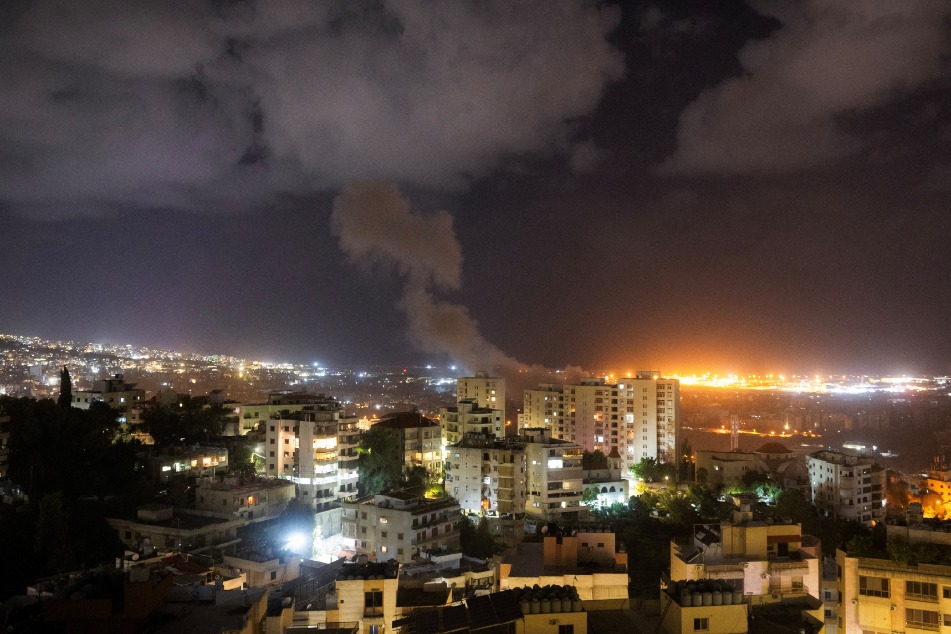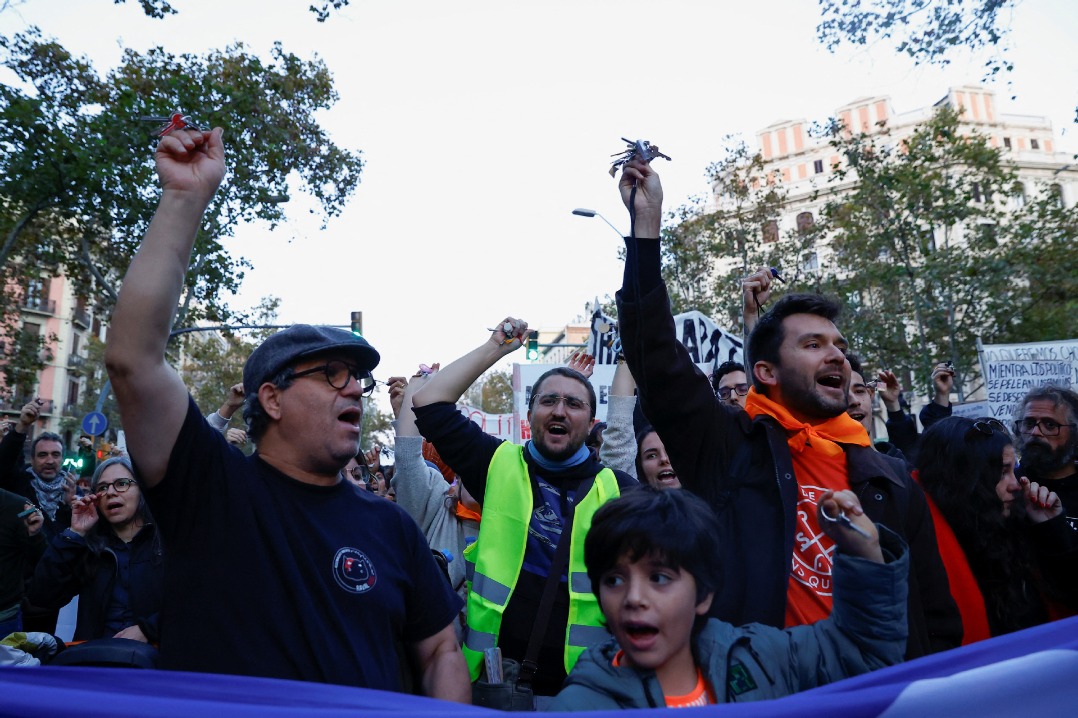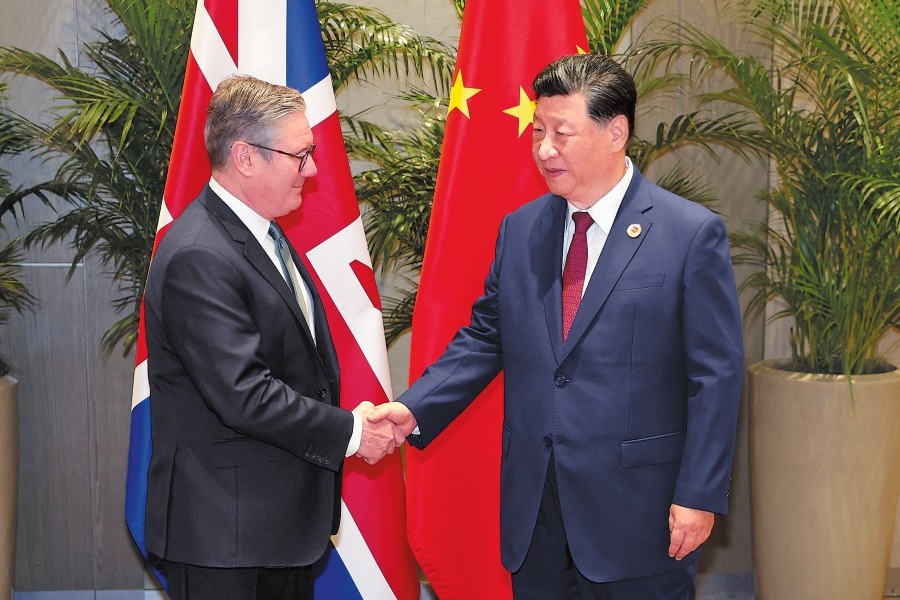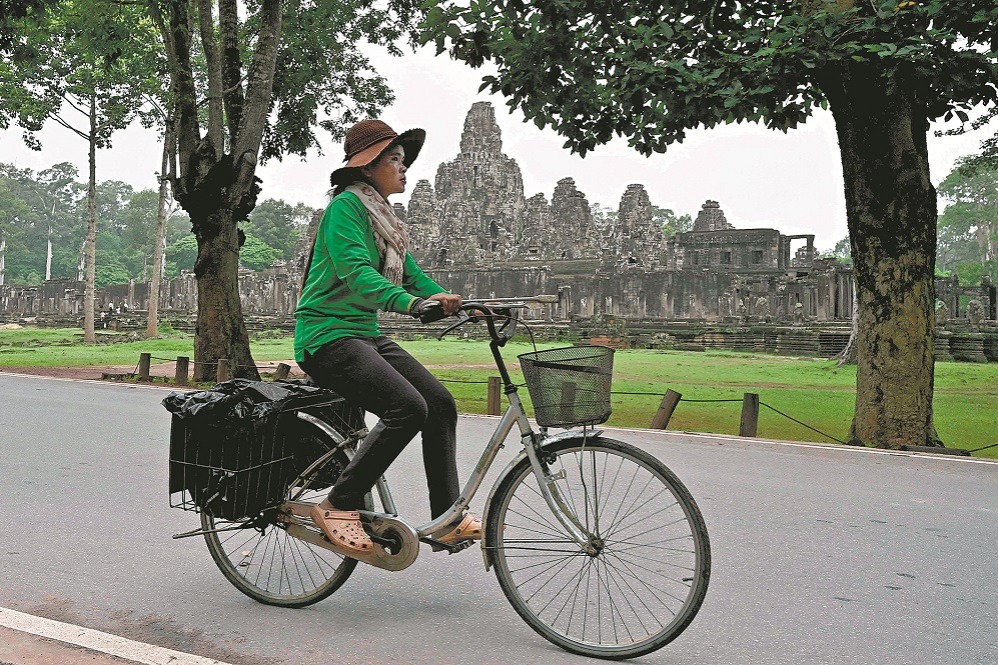Bulgaria, Romania closer to full status of Schengen


Romania and Bulgaria are expected to become full members of the passport-free Schengen Area after Austria agreed to lift its long-held veto in a move applauded by EU leaders.
An agreement was reached on Friday afternoon after ministers from Austria, Romania, Bulgaria and Hungary signed a joint declaration in Budapest in a meeting held under the Hungarian rotating presidency of the Council of the European Union.
Romania and Bulgaria were granted partial Schengen status when passport checks to other Schengen countries were removed early this year at sea and air borders, but land border control had remained due to Vienna's opposition over the concern of excessive irregular migration.
"Bulgaria and Romania belong fully to the Schengen Area. Removing controls at land borders is the last hurdle," said European Commission President Ursula von der Leyen in a statement, adding that a European Council formal decision is next.
European Council ministers are expected to meet next month to formalize the agreement.
"The citizens of Romania and Bulgaria belong to Schengen and deserve to fully benefit from Schengen freedoms," said European Commissioner for Home Affairs Ylva Johansson, who attended the Friday meeting of interior ministers in Budapest.
She was hopeful that the land border checks would be completely removed by Jan 1, 2025.
The joint declaration acknowledged the progress achieved in curbing irregular migration and asylum claims across the three countries.
Comparing the first three quarters of 2023 and 2024, illegal entries have gone down by 47 percent in Bulgaria, 53 percent in Romania and 67 percent in Austria while asylum applications fell by 40 percent, 75 percent and 57 percent, respectively, in the three countries, according to the joint declaration.
The three countries pledged, in the declaration, to continue the common efforts to fight illegal and irregular migration to Europe and their countries, do their utmost to prevent illegal onward transit of migrants through their countries and to smoothly conduct returns and transfers in accordance with the relevant agreements.
Austrian Interior Minister Gerhard Karner noted on Friday that there has been a massive drop in migrant arrival numbers, which are now "moving toward zero", but added that he would discuss the border measures with Chancellor Karl Nehammer before taking the final decision in December.
"Romanians have already felt the benefits of partial entry into the Schengen Area, but Romanian economic growth will be boosted with full accession, including by land," Romanian Prime Minister Marcel Ciolacu said in a statement on Friday.
The full membership for Romania and Bulgaria will expand the Schengen Area to 29 states, including 25 EU member states. Ireland and Cyprus will remain the only EU members who are not part of the passport-free area.
The latest breakthrough happened at a time when some 10 Schengen states such as Germany, France, Italy, Denmark, Sweden and Norway introduced temporary internal border checks over concerns of illegal migration. The Netherlands will do so from December until June 2025.

































